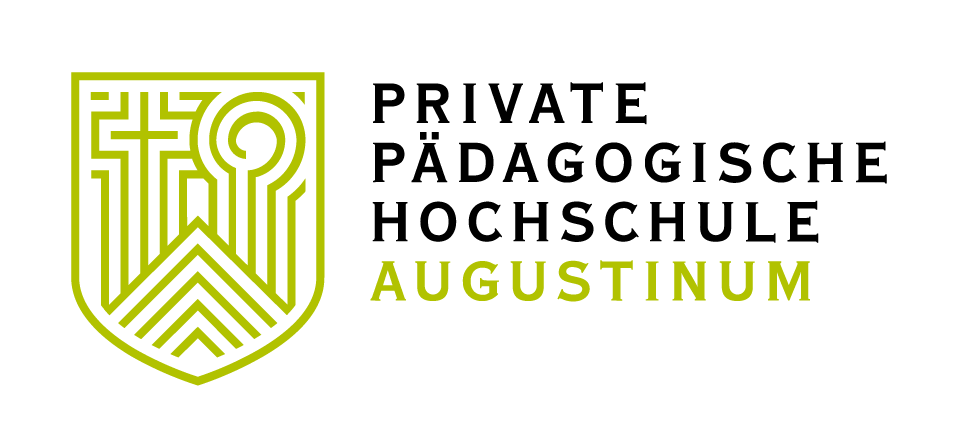In our understanding, inclusion aims to empower every person, independent of their abilities, language, culture, religion, gender, media education, and literacy level, to participate in society actively and have a high quality of life.Inclusive educational settings grant everybody the right to be part of a high-quality education system. “This means that education systems must provide a personalized educational response, rather than expecting the student to fit the system” (Ainscow, 2020, p. 8). All students receive the attention, flexibility, remediation, and adjustments they need in a supporting social environment. The students acquisition of competencies benefits from the existing, lived, and experienced diversity in educational settings.
With reference to Ainscow (2020), inclusive education, intended as educating all children together, has:
- an educational justification since developing “ways of teaching that respond to individual differences” improves the learning experiences of all children
- a social justification by being “able to change attitudes to difference (…), and form the basis for a just and non-discriminatory society” (Ainscow, 2020, p.8).

The spread of the spirit of inclusion creates a wave of transformation that values difference and empowers each individual.
Reference:
Mel Ainscow (2020) Promoting inclusion and equity in education: lessons from international experiences, Nordic Journal of Studies in Educational Policy, 6:1, 7-16, DOI: 10.1080/20020317.2020.1729587






